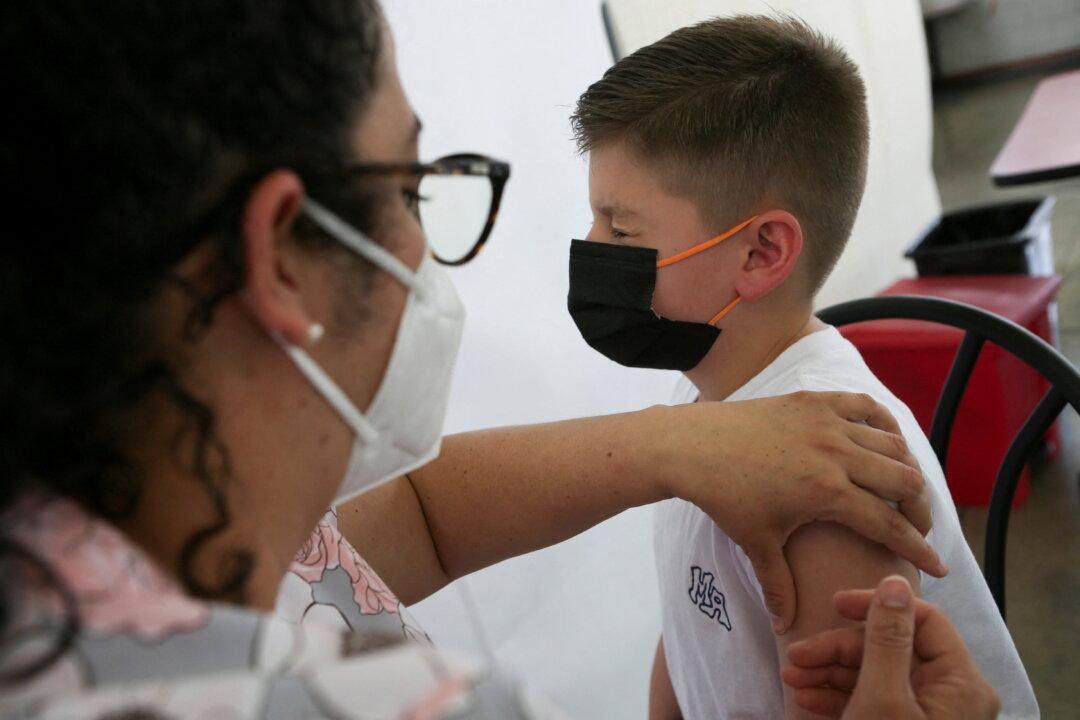A calculator created to facilitate COVID-19 vaccination rates amongst Australians has been updated to include the latest information on vaccines for kids in order to increase child vaccinations.
Launched by the Immunisation Coalition, and made up of a team of GPs, medical scientists, public health physicians, epidemiologists, and statisticians, the COVID-19 risk calculator (CoRiCal) was created to help people see their risk for getting COVID-19 under different transmission scenarios.





